Understanding Russia's Military Strategy And Its Impact On Europe
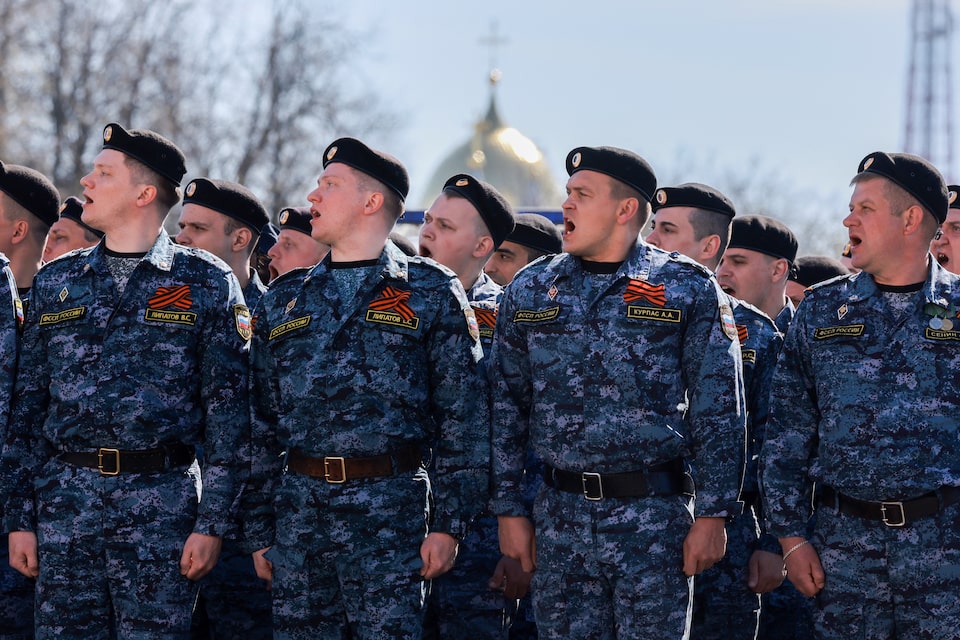
Table of Contents
Historical Context and Doctrine
Understanding Russia's current military strategy requires examining its historical evolution. The approach to warfare has been shaped by centuries of experience, evolving from the Tsarist era through the Soviet Union and into the post-Soviet period. This historical context significantly influences its current military doctrine.
-
Tsarist Emphasis on Land Warfare and Vast Mobilization: The Russian Empire relied heavily on sheer manpower and vast land armies, prioritizing territorial control and attrition warfare. This emphasis on large-scale mobilization left them vulnerable to more technologically advanced opponents in the 20th century.
-
Soviet Focus on Combined Arms and Nuclear Deterrence: The Soviet Union developed a sophisticated doctrine of combined arms warfare, integrating ground forces, air power, and naval assets, undergirded by a powerful nuclear arsenal. This military strategy aimed to deter aggression from the West through Mutually Assured Destruction (MAD).
-
Post-Soviet Adaptations to a Shrinking Military Budget and Technological Limitations: The collapse of the Soviet Union left Russia with a significantly diminished military budget and outdated technology. This necessitated a shift in strategy, prioritizing asymmetric warfare and cost-effective solutions.
-
The Development and Application of the Concept of "Hybrid Warfare": Facing resource constraints, Russia increasingly relied on hybrid warfare, blending conventional military actions with unconventional tactics such as information warfare, cyberattacks, and the use of proxy forces. This approach aims to achieve strategic goals without engaging in direct large-scale conventional conflict.
Key military theorists, such as Clausewitz and later Soviet strategists, have profoundly influenced the development of Russian military thinking and continue to shape its current strategy. Their emphasis on political goals influencing military strategy remains central to understanding Russia's approach.
Key Components of Russia's Current Military Strategy
Russia's contemporary military strategy is multifaceted, employing various tactics and doctrines to achieve its geopolitical objectives.
Asymmetric Warfare and Hybrid Operations
A cornerstone of Russia's modern military strategy is asymmetric warfare and hybrid operations. This involves employing a combination of conventional and unconventional methods to destabilize opponents and achieve strategic goals without engaging in large-scale conventional conflict.
-
Examples of successful hybrid warfare operations (e.g., Ukraine 2014): The annexation of Crimea and the conflict in eastern Ukraine serve as prime examples, employing a combination of special forces, disinformation campaigns, and proxy militias.
-
The role of the Wagner Group and other private military contractors: Private military companies (PMCs) like the Wagner Group play a crucial role, conducting operations where direct Russian military involvement would be too risky or politically damaging.
-
The effectiveness of hybrid warfare in destabilizing target countries: Hybrid warfare aims to undermine a target country's internal stability, eroding its government's legitimacy and weakening its ability to resist Russian influence.
Nuclear Deterrence and its Role
Russia's nuclear arsenal remains a central element of its military strategy, serving as a powerful deterrent against direct military intervention from NATO.
-
Discussion of Russia's modernization of its nuclear arsenal: Russia is actively modernizing its nuclear arsenal, developing new delivery systems and enhancing its capabilities, signaling a persistent commitment to nuclear deterrence.
-
The concept of "escalate to de-escalate" and its risks: This controversial doctrine suggests that escalating the conflict, including the use of tactical nuclear weapons, could force opponents to de-escalate. However, this carries immense risks and potential for miscalculation.
-
The impact of nuclear threats on NATO strategy: The potential use of nuclear weapons by Russia significantly impacts NATO's strategic planning and necessitates careful consideration of escalation scenarios.
Conventional Military Capabilities and Limitations
While Russia possesses substantial conventional military capabilities, it also faces limitations.
-
Strengths: Russia maintains a large ground force, possessing advanced weaponry in certain areas like anti-aircraft systems and certain types of missiles.
-
Weaknesses: Logistical challenges, technological inferiority in some areas compared to NATO, and reliance on aging equipment represent significant weaknesses. Their military modernization efforts are ongoing but face challenges.
-
Comparison of Russian military technology to NATO capabilities: A critical gap exists between Russian and NATO military technology, particularly in areas like precision-guided munitions, stealth technology, and information warfare capabilities.
The Impact of Russia's Military Strategy on Europe
Russia's military strategy has far-reaching consequences for Europe's security and stability.
Increased Military Spending in Europe
Russia's actions have prompted a significant increase in military spending across Europe, particularly in Eastern European NATO members. Countries are bolstering their defenses in response to perceived threats from Russia.
Heightened Geopolitical Tensions
The aggressive use of military force and hybrid warfare tactics have dramatically increased geopolitical tensions between Russia and its neighbors, especially Ukraine and the Baltic states. This has created a climate of uncertainty and distrust.
Shifting alliances and partnerships
The perceived threat from Russia has strengthened transatlantic ties within the NATO framework. European nations are increasingly coordinating their defense policies and strengthening their partnerships with the United States.
-
Increased NATO military exercises near Russian borders: NATO has intensified military exercises near Russia's borders, demonstrating a show of force and deterring further aggression.
-
Strengthening of Eastern European defenses: Eastern European countries are rapidly modernizing their militaries and enhancing their defensive capabilities.
-
The potential for miscalculation and escalation: The heightened tensions and military buildup increase the risk of accidental conflict or miscalculation leading to wider escalation.
Conclusion
This analysis of Russia's military strategy highlights its multifaceted nature and significant impact on Europe. From the employment of hybrid warfare tactics to the constant threat of nuclear escalation, Russia's approach has profoundly reshaped the security landscape. Understanding these strategic elements is crucial for navigating the complexities of the current geopolitical climate and for developing effective countermeasures. Further research into specific aspects of Russia's military strategy, including the evolving role of technology and the influence of internal political dynamics, is vital for maintaining peace and security in Europe. Continued monitoring of Russia's military activities and a deep understanding of Russia's military strategy are critical for fostering stability and preventing future conflicts. Staying informed about the nuances of Russia's military strategy is paramount for ensuring European security.

Featured Posts
-
 Chicagos Zombie Office Buildings A Real Estate Crisis
Apr 29, 2025
Chicagos Zombie Office Buildings A Real Estate Crisis
Apr 29, 2025 -
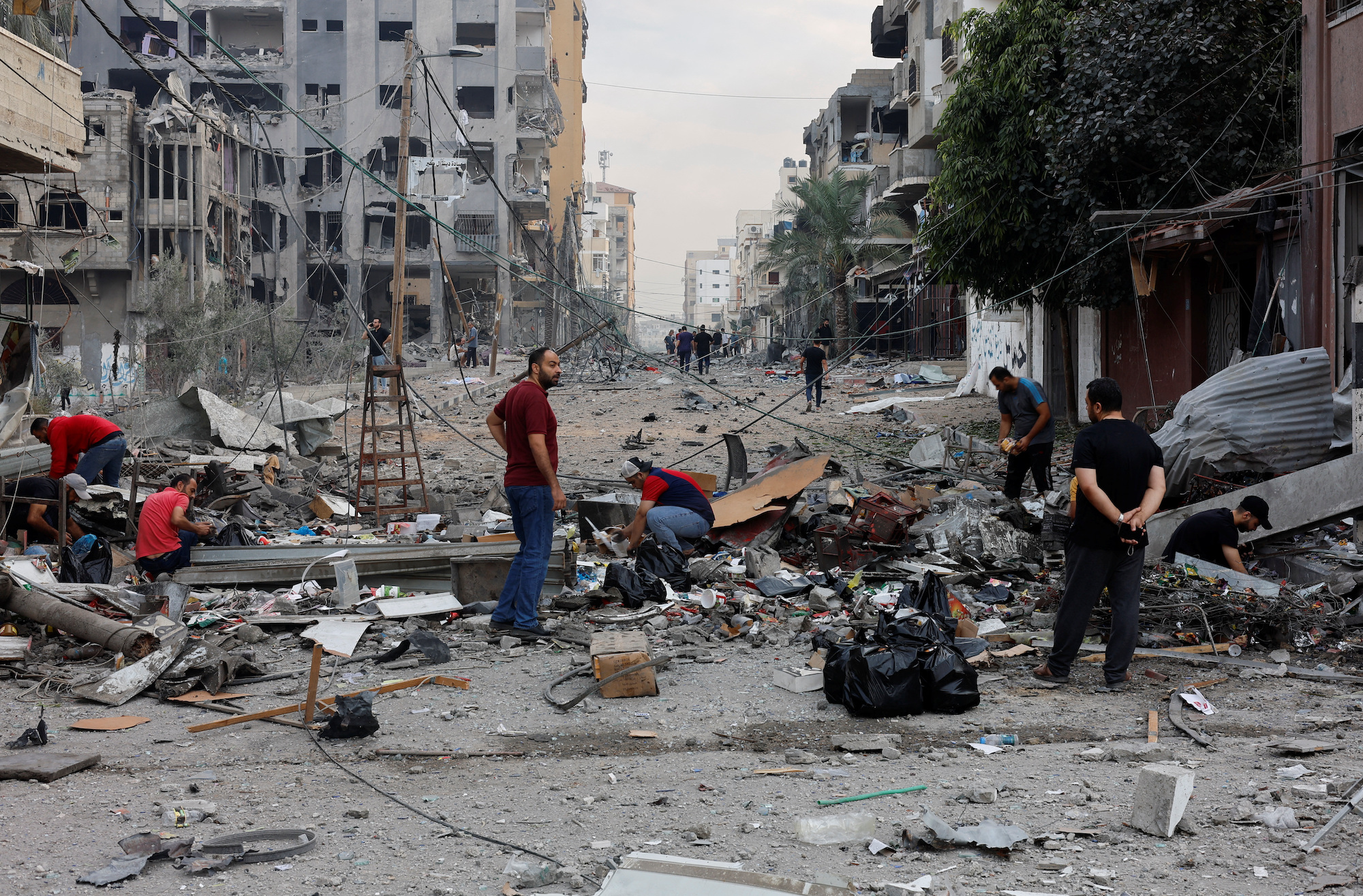 Humanitarian Crisis In Gaza Israel Urged To Lift Aid Restrictions
Apr 29, 2025
Humanitarian Crisis In Gaza Israel Urged To Lift Aid Restrictions
Apr 29, 2025 -
 European Power Prices Plunge Solar Surge Sends Prices Below Zero
Apr 29, 2025
European Power Prices Plunge Solar Surge Sends Prices Below Zero
Apr 29, 2025 -
 Wnba Bound Diamond Johnson Of Norfolk State Heads To Minnesota Lynx Camp
Apr 29, 2025
Wnba Bound Diamond Johnson Of Norfolk State Heads To Minnesota Lynx Camp
Apr 29, 2025 -
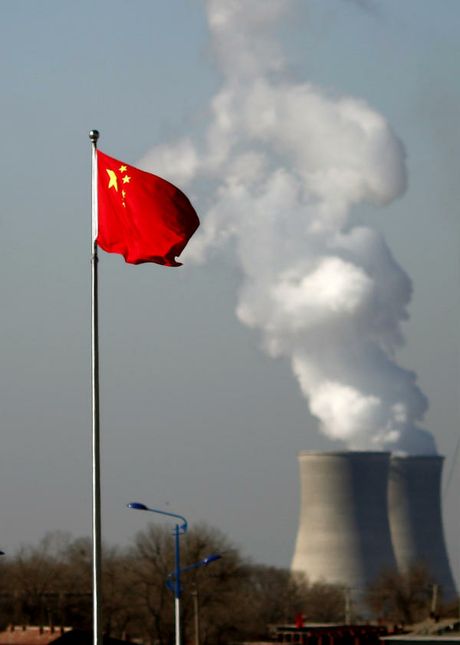 China Greenlights 10 New Nuclear Reactors Accelerating Energy Production
Apr 29, 2025
China Greenlights 10 New Nuclear Reactors Accelerating Energy Production
Apr 29, 2025
Latest Posts
-
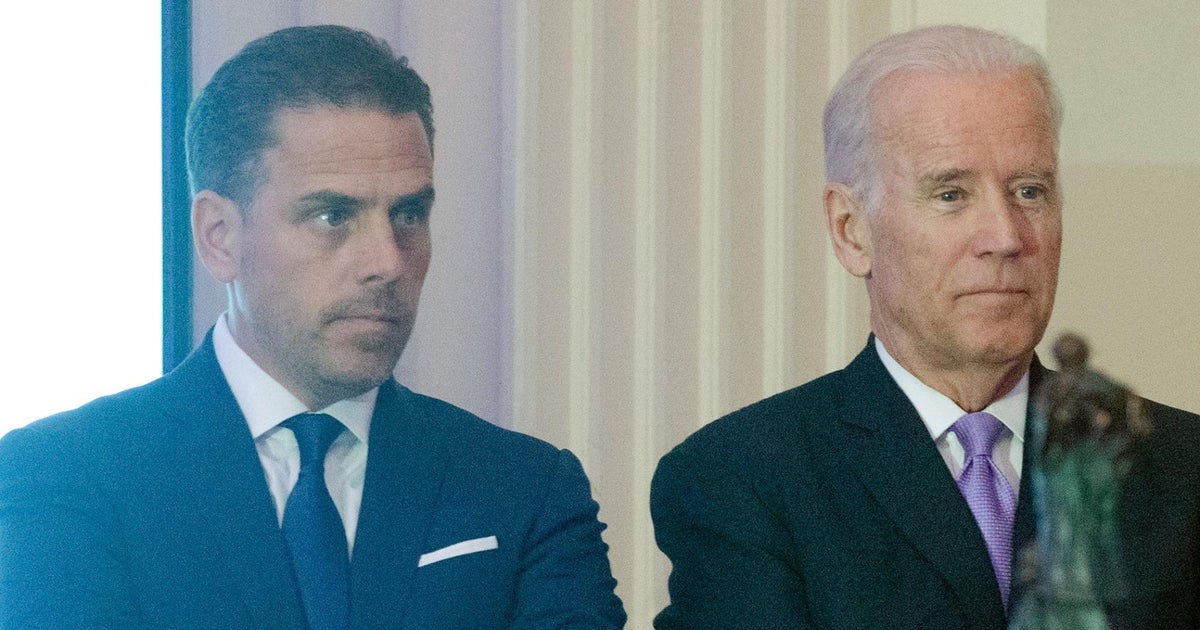 Pete Rose And Presidential Pardons Examining Trumps Potential Action
Apr 29, 2025
Pete Rose And Presidential Pardons Examining Trumps Potential Action
Apr 29, 2025 -
 The Pete Rose Pardon Debate Trump Baseball And The Legacy Of A Betting Ban
Apr 29, 2025
The Pete Rose Pardon Debate Trump Baseball And The Legacy Of A Betting Ban
Apr 29, 2025 -
 Trumps Potential Pardon For Pete Rose A Look At The Mlb Betting Ban
Apr 29, 2025
Trumps Potential Pardon For Pete Rose A Look At The Mlb Betting Ban
Apr 29, 2025 -
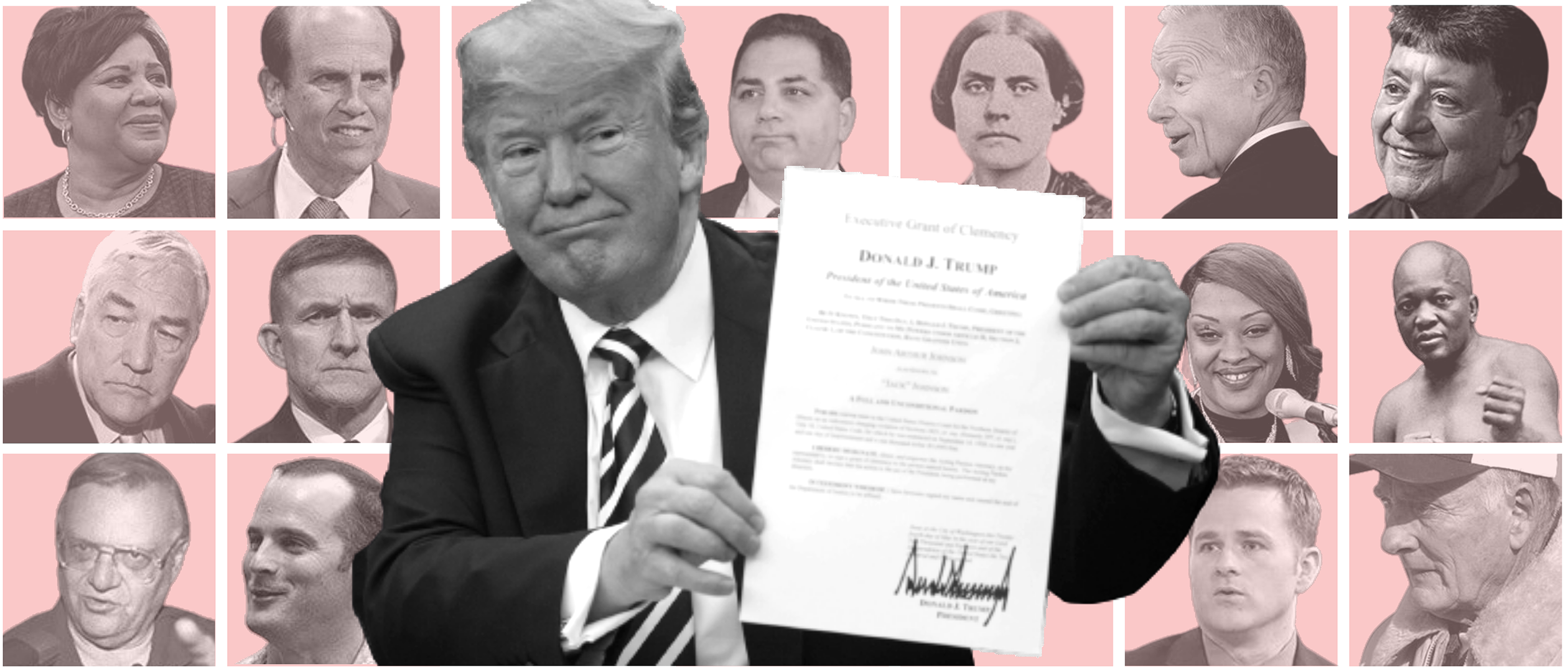 The Pete Rose Pardon Trumps Decision And Baseballs Reaction
Apr 29, 2025
The Pete Rose Pardon Trumps Decision And Baseballs Reaction
Apr 29, 2025 -
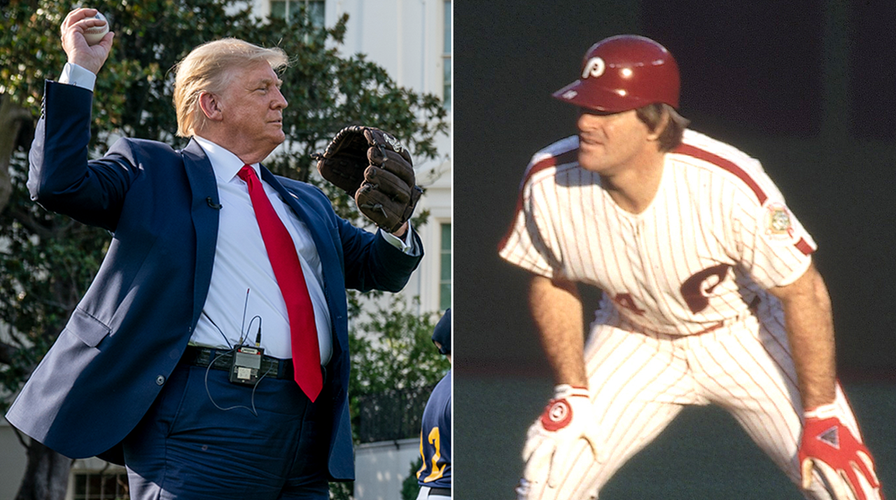 Will Pete Rose Be Pardoned President Trump Weighs In
Apr 29, 2025
Will Pete Rose Be Pardoned President Trump Weighs In
Apr 29, 2025
